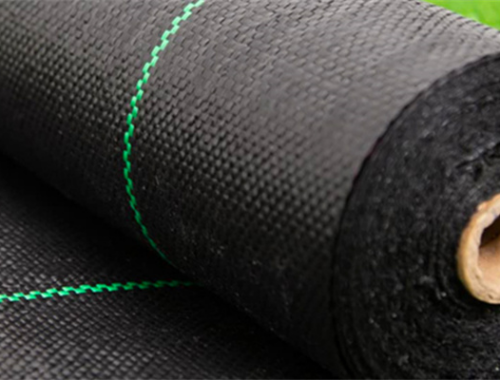Li steps down as short-track coach
China’s Winter Olympics pioneer being replaced by her top protege
Legendary speed skater Li Yan is no longer the head coach of the national short-track team after a management reshuffle of China’s skating program.
With the 2022 Winter Olympics approaching, the decision announced on Thursday came as a surprise. Li is transitioning from the coaching post to serve in a supportive role as chairwoman of the China Skating Association.
The decision, made during an internal meeting of the National Winter Sports Administrative Center, also involves combining the short-and long-track speed skating teams into one unit overseen by a single coaching group.
Four-time short-track Olympic champion Wang Meng, who was Li’s most accomplished student, will head the group after taking over the long-track team a year ago.
With the two events differing in physical requirements and racing tactics, short-and long-track teams are traditionally coached and managed independently worldwide.
The merger of China’s teams is expected to streamline management for greater efficiency and unity, according to the governing body.
“To put Wang in such a critical role is a deliberate decision, which needs support and trust from all the members within the system to make it count. Hopefully, the young leader will bring some fresh energy to the team,” said Ni Huizhong, director of the winter sports administrative center.
Wang, 35, won Olympic gold in the 500m, 1000m and 3000m relays at the 2006 Turin and 2010 Vancouver Games, to go with 18 short-track world titles during a long career as China’s most decorated Winter Olympian.
She retired in 2014 after missing the Sochi Games due to an ankle injury
Li’s sudden departure from the coaching position, where she guided an aggressive Chinese team to seven Olympic gold medals between 2010 and 2018, happened after the short-track team failed to win any events at the 2019 world championships in March.
That failure sparked criticism from Gou Zhongwen, director of the General Administration of Sport of China.
“Some of our traditional strong teams shouldn’t just rest on their laurels,” Gou said at a meeting to celebrate the 1000-day countdown to the 2022 Winter Olympics earlier this month.
“The time is pressing and the task is challenging. All the teams should put in extra work in physical training, overseas drills and scientific support to make every minute in the next three years count,” he said.
Among the 13 gold medals China has won since its Winter Olympisc debut in 1980 at Lake Placid, New York, short-track speed skaters have contributed 10.
Li, who won China’s first short-track Olympic medal by claiming silver in the 500m at the 1992 Games, said she fully respects the coaching change and will do her best in the supporting role.
Wang, who will soon lead the combined team in a three-week intensive training program, said she plans to adopt a tougher training regime to push her fellow skaters harder.
You May Also Like

DO YOU KNOW HOW TO EXTEND THE LIFESPAN OF YOUR LASER CUTTING MACHINE?
November 22, 2024
AI in Fashion: How Artificial Intelligence is Redefining Design, Production, and Shopping Experiences
February 28, 2025